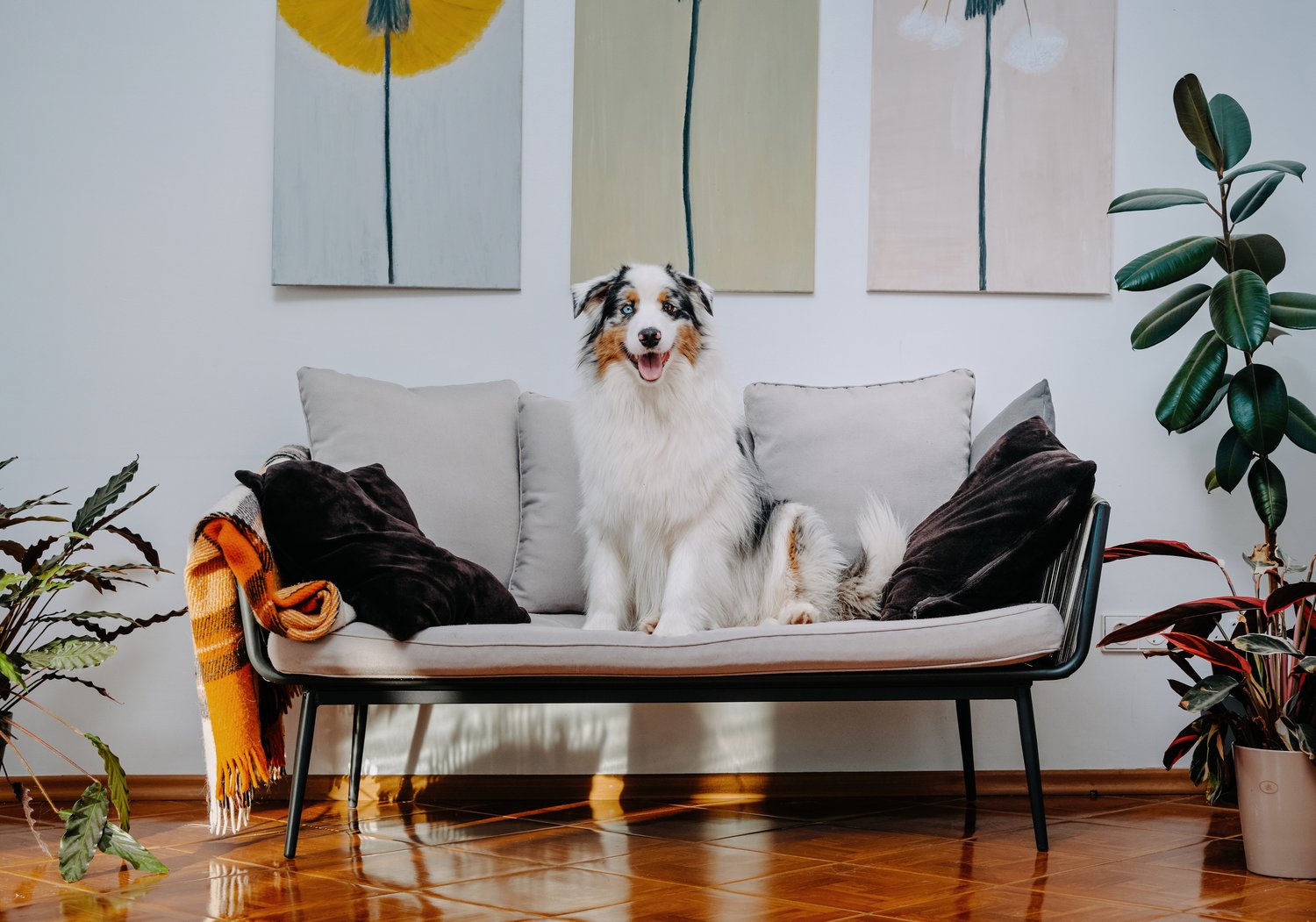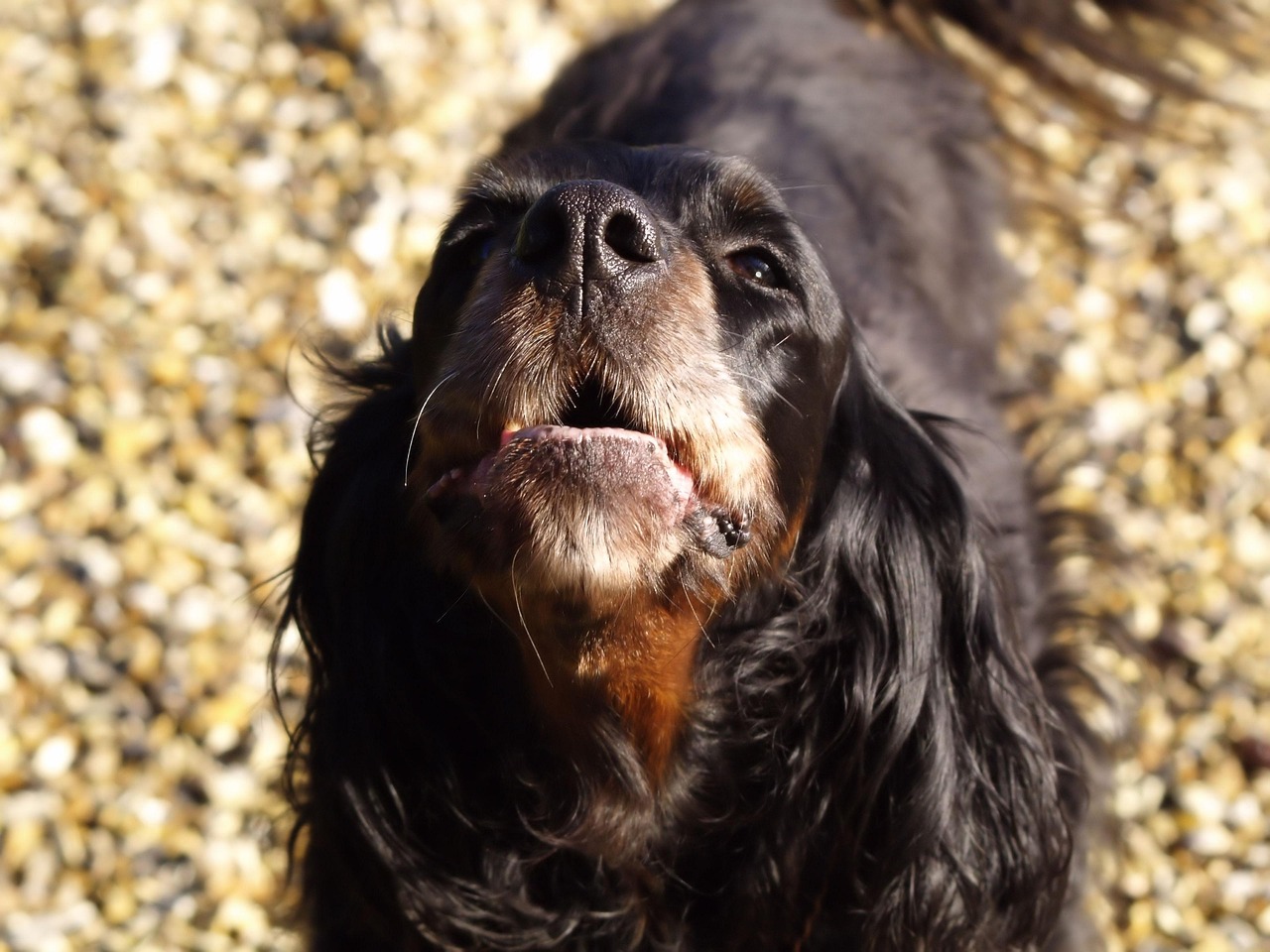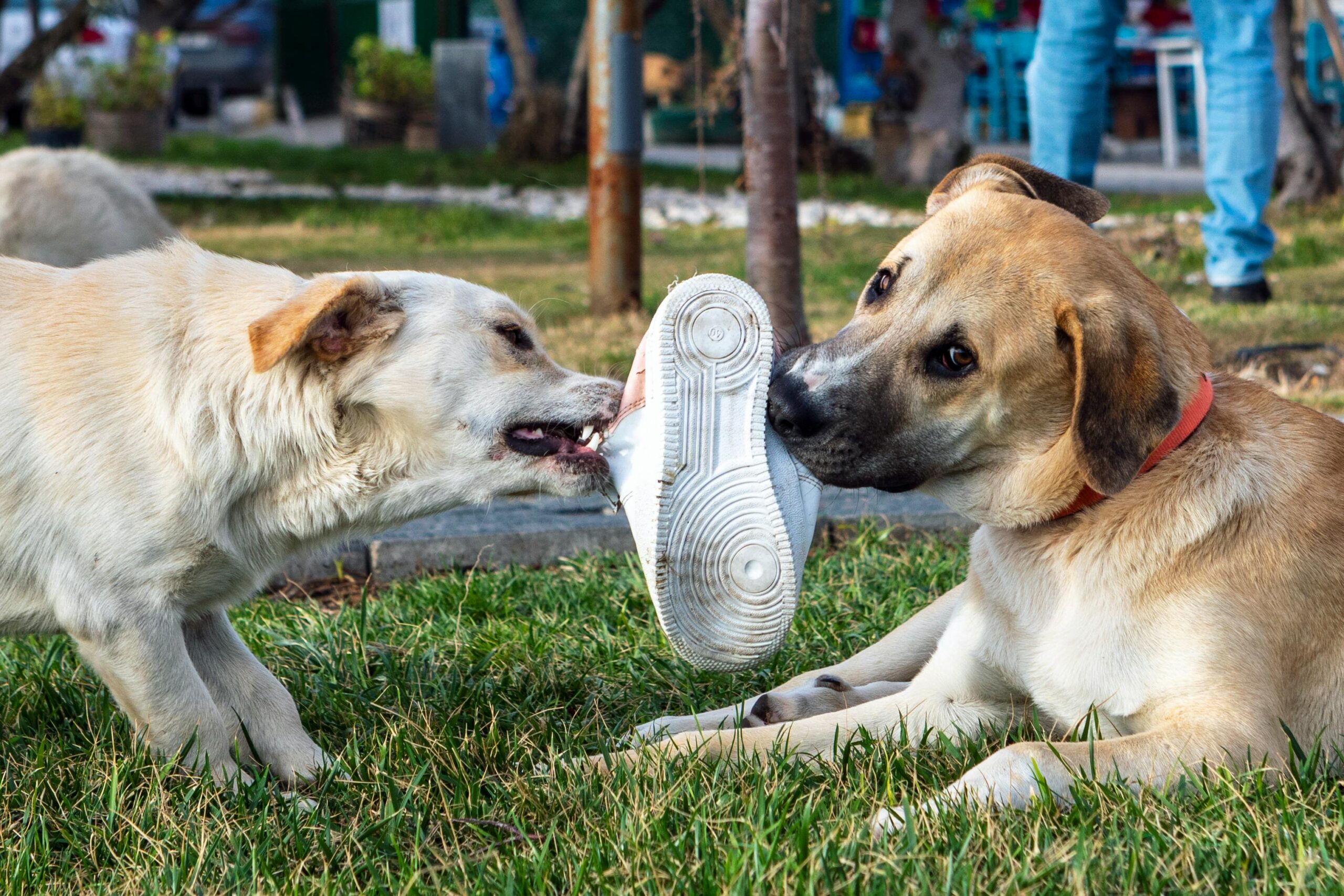Keeping a clean home is essential—but when you share your space with a dog, it’s just as important to keep that cleanliness pet-safe. Many popular household cleaners contain chemicals that can be harmful, or even toxic, to dogs. If your pup licks floors, chews on surfaces, or breathes in strong fumes, the products you use matter more than you think. The good news is, you don’t have to choose between a spotless home and a healthy pet. There are plenty of dog-safe cleaning options available if you know what to look for.
Why typical cleaners can be harmful to dogs
Traditional cleaning products often contain ingredients that are safe for humans in small amounts but dangerous to animals. Common culprits include ammonia, bleach, phenols, and quaternary ammonium compounds. These can cause everything from skin irritation and nausea to more serious issues like respiratory distress or liver damage in dogs. Even natural-sounding products can be risky if they include essential oils like tea tree or pine, which are toxic to pets in concentrated forms. Dogs explore with their mouths and paws, so anything that’s left behind on floors or furniture can quickly enter their system.
Ingredients to avoid in pet households
Knowing what to steer clear of is half the battle. Check labels and skip any product with ammonia (common in glass cleaners), chlorine bleach (found in toilet and mildew cleaners), glycol ethers (in spot removers), or formaldehyde (used in some disinfectants). Also be wary of “fragrance” on the label, which can hide a cocktail of unknown chemicals. If a product isn’t clearly labeled as pet-safe, it’s best to assume it isn’t. Always err on the side of caution when pets are in the home—especially if you have puppies, older dogs, or dogs with health sensitivities.
Safe cleaning products that are dog-approved
Plenty of brands now offer cleaning products formulated specifically for pet households. Look for labels that clearly state “pet-safe,” “non-toxic,” or “vet-approved.” Brands like Better Life, Puracy, ECOS, Seventh Generation Free & Clear, and Branch Basics offer plant-based cleaners that avoid harsh chemicals. You can also find enzymatic cleaners made for pet messes that eliminate odors and stains without harming your pup. These products work well for cleaning accidents, food bowls, bedding, and other high-contact areas.
DIY pet-safe cleaning solutions
If you want full control over ingredients, homemade cleaners are a safe and cost-effective option. A simple mix of white vinegar and water (1:1 ratio) works well for floors, counters, and windows. For scrubbing, add baking soda to create a gentle abrasive. Lemon juice and hydrogen peroxide can help with stains, but should be used in moderation and rinsed well afterward. Always store DIY cleaners in clearly labeled containers and avoid adding essential oils unless you’re sure they’re safe for dogs—most are not.
Best practices for safe cleaning with pets
Even when using dog-safe products, it’s important to follow best practices. Always keep pets out of the room while you clean and allow surfaces to fully dry before letting them return. Store cleaning products securely and out of reach, especially if your dog is curious or known to chew. When cleaning pet items like beds, toys, or bowls, use fragrance-free detergents and rinse thoroughly to prevent residue buildup. These small habits go a long way in keeping your dog safe while maintaining a clean home.
Signs your dog may have been exposed to toxins
If your dog comes into contact with a harmful cleaning product, symptoms can vary depending on the exposure. Common signs include vomiting, drooling, coughing, eye or skin irritation, lethargy, or trouble breathing. If you notice anything unusual after cleaning, contact your vet or an emergency animal poison control center like the ASPCA’s hotline (888-426-4435). Keep product labels or ingredient lists handy in case you need to provide them during treatment.
Cleaning product myths in pet homes
There’s a lot of misinformation when it comes to pet-safe cleaning. One common myth is that natural equals safe—but some natural ingredients (like citrus oils) are still harmful to dogs. Another is that if it’s safe for babies, it’s safe for pets. While there’s some overlap, dogs have different sensitivities and exposure patterns. Finally, don’t assume diluted bleach or disinfecting wipes are harmless. Even small residues left behind on paws or fur can lead to issues over time.
Creating a dog-friendly cleaning routine
A cleaning routine that works with your dog’s habits makes life easier and safer. Clean pet areas regularly with safe products—this includes food and water bowls, crates, toys, and dog beds. Use washable rugs or slipcovers in high-traffic zones, and consider setting up a designated cleaning supply area with only pet-safe items. Vacuuming frequently and grooming your dog regularly will also reduce the need for harsh cleaners by minimizing fur, dirt, and dander buildup throughout your home.
What professional cleaners use around pets
If you hire a cleaning service, be upfront about your dog and ask what products they use. Many professional cleaners offer pet-safe packages, but not all do by default. Ask for a list of products or request that they use brands you’ve vetted yourself. It’s also a good idea to crate or walk your dog during cleanings to reduce stress and avoid accidental exposure. A reputable cleaner will always be willing to accommodate pet-related concerns.
Follow AskHomey for more dog-friendly home tips
Your home should be clean and safe—for everyone, including the four-legged family members. If you’re looking for more ideas to make your home pet-friendly without sacrificing style or comfort, follow AskHomey on Instagram and Facebook. We regularly share tips, inspiration, and updates to help homeowners create spaces that truly work for their lifestyle.



